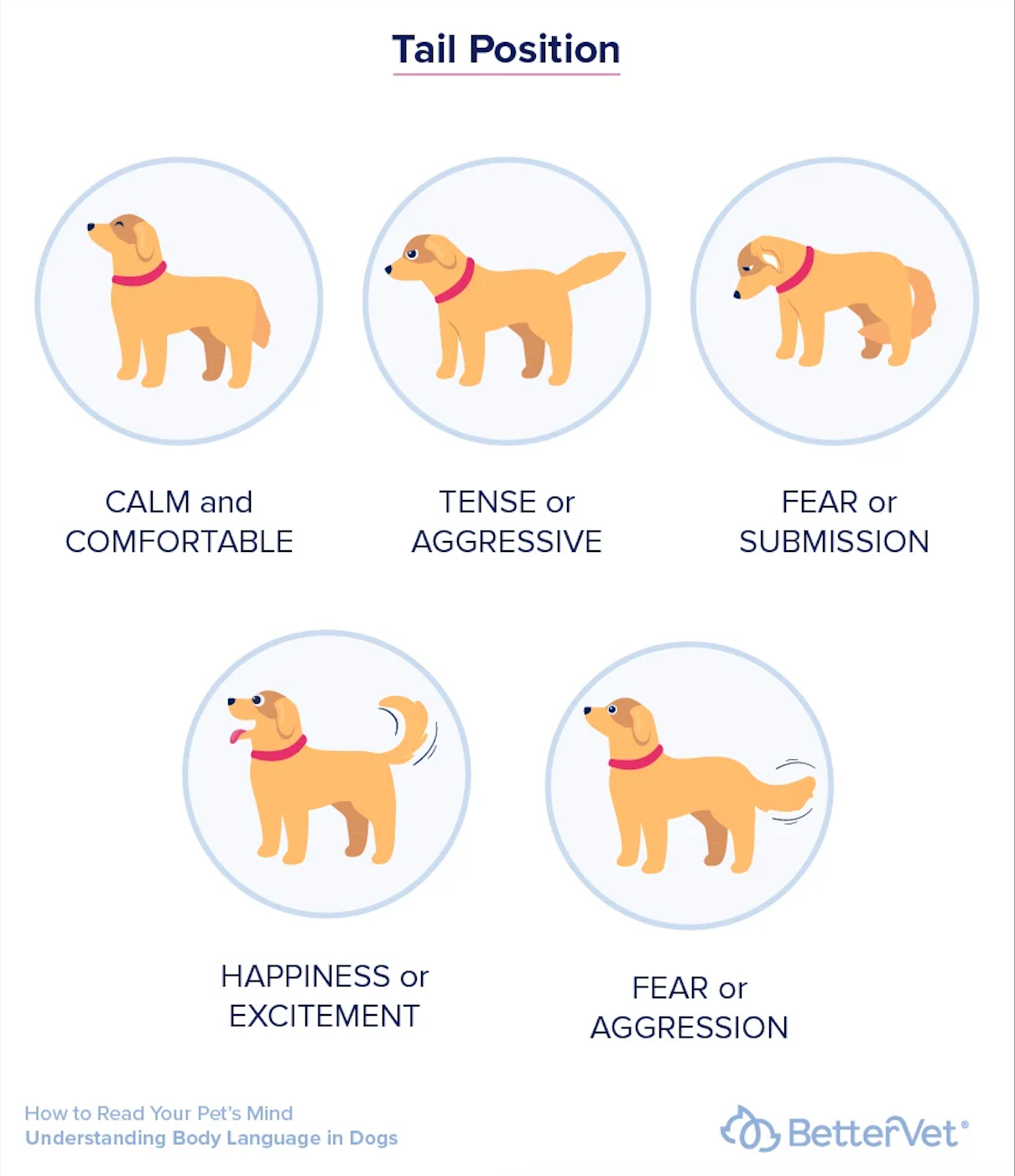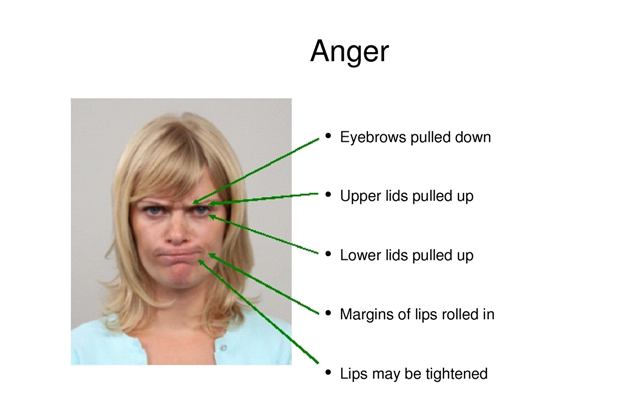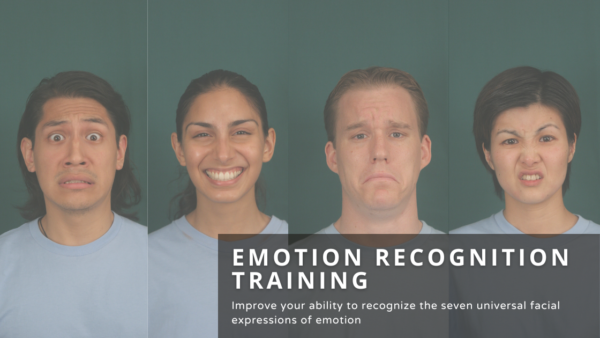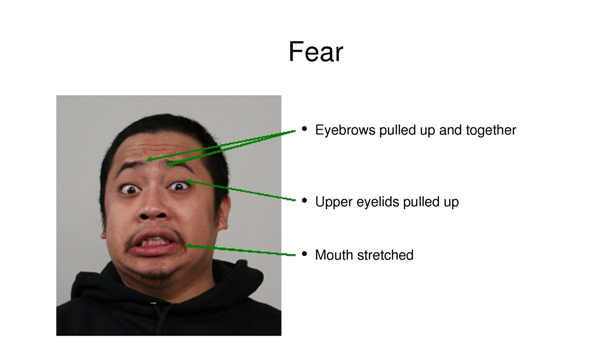It’s amazing you can form such a strong bond with an animal who communicates with you exclusively non-verbally.
If you’re a dog owner, you know the joy of walking in through the door to be greeted by your pup excitedly wagging their tail.
But did you know that dogs are one of the few animals that use their tails primarily for communication?
Despite this fact, scientists still don’t understand exactly why dogs wag their tails. In a new paper published in the journal Biology Letters, researchers outline a few theories.
Most people equate tail wagging with a happy dog, but reality may be more complicated.
Take a look at more research out of the Canine Cognition Center here
There are many possible hypothesis for why dogs wag their tails and a couple of them are listed below.
1. Domestication Syndrome Hypothesis
This hypothesis relates to the human domestication of dogs, which began as early as 35,000 years ago.
Perhaps tail-wagging was a behavior that humans unintentionally selected for, because it was linked with other preferable traits, like tameness or friendliness toward people.
Tail-wagging may have simply been a byproduct of other specifically targeted characteristics.
2. Domesticated Rhythmic Wagging
This hypothesis suggests that humans consciously or unconsciously selected for tail-wagging during domestication, because they are drawn to rhythmic stimuli.

Tail Wagging 101
The new paper adds to the big-picture understanding of what scientists do and don’t know about tail-wagging.
The authors reviewed more than 100 studies about the behavior and summarized their findings: humans likely altered dogs’ tail wagging without realizing it.
According to the Washington Post, “the findings could flip the long-held belief that dogs are wagging their tails because they’re happy. Instead, Hersh and her colleagues suggest that dog tail-wags made people happy, so humans tended to select for that trait when welcoming dog ancestors into their lives and breeding the animal.”
Messages Conveyed by Tail-Wagging
Dogs also seem to wag their tails in different ways to convey different messages.
- Wagging more to the right means a dog is curious and wants to approach
- Wagging to the left is correlated with uncertainty
- Low tail wagging—where dogs pin their tails down against their back legs—is also linked with insecurity and submission
Interestingly, a study found that dogs began wagging their tails more than wolves when they were as young as three weeks old. And another study found that dogs wag their tails faster and more often than other canines.
 Domestication of Dogs
Domestication of Dogs
Scientists have found that dozens of dogs’ traits and behaviors changed during domestication, including the appearance of their fur, ears, body size — and even their ability to make “puppy-dog eyes.”
In fact, eyebrows give dogs a wider range of human-like facial expressions we can identify with and they play a vital role in how dogs became “man’s best friend.”
Evolutionary psychologists even believe that centuries of domestication “transformed the facial muscle anatomy of dogs specifically for facial communication with humans”.
The post Research: Dogs Wag Their Tails To Make Us Happy first appeared on Humintell.
 There are many ways to
There are many ways to  For their
For their  This process is like a Japanese tradition called hakidashisara, in which people write their negative thoughts on a plate then destroy it.
This process is like a Japanese tradition called hakidashisara, in which people write their negative thoughts on a plate then destroy it.

 The authors suggest in their paper that the relationship between childhood trauma and emotion recognition accuracy, when exploring intensity, may be significantly influenced by other related factors – in this case alexithymia.
The authors suggest in their paper that the relationship between childhood trauma and emotion recognition accuracy, when exploring intensity, may be significantly influenced by other related factors – in this case alexithymia.